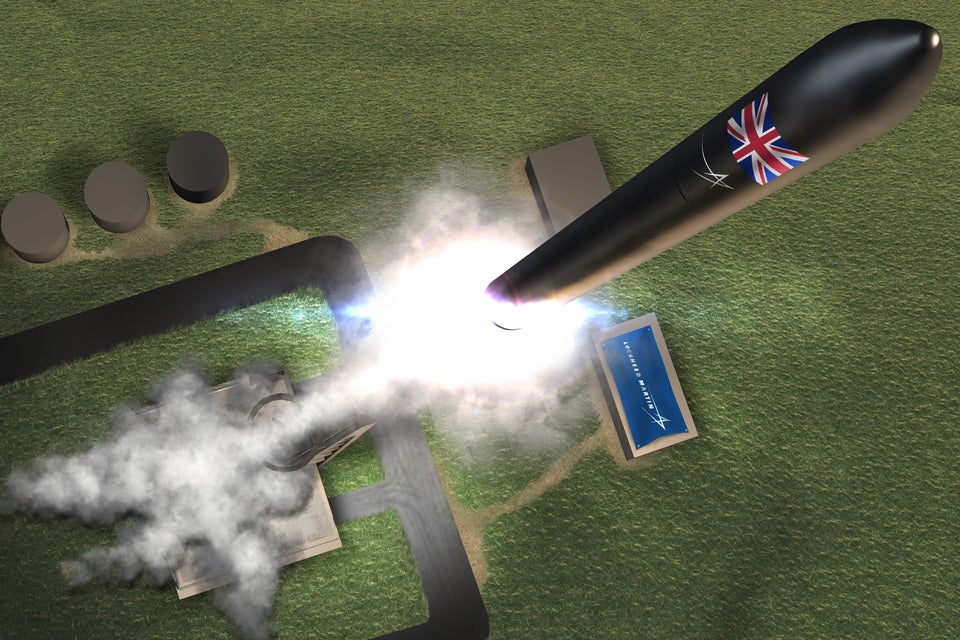UK Parliament Committee Publishes Highly Critical Report on British Space Defense
The British House of Commons Defence Committee recently published its newest report: “Defence Space: Through Adversity to the Stars?”. In short, the committee was not very pleased with the Ministry of Defence’s (MoD) progress in the space domain, calling it “unacceptable” and noted the UK’s efforts were “lagging behind Italy”. The committee also added that the UK is, at best, “a third-rate space power”. As the Defence Committee argues that Space is now integral to modern warfare, it found that addressing the current situation warrants the utmost urgency.
Since 2022, the UK has given a lot of publicity to its efforts and investments in military space capabilities. However, the committee found that the space policy bodies which featured prominently in the news were not playing the big role they were implied to have:
“The creation of the National Space Council and the MoD’s Space Directorate were recognised by witnesses as being positive developments in this regard. As we came to the end of our inquiry, we were therefore both surprised and concerned to note that the Government has removed the National Space Council from the list of Cabinet Committees, and that the Space Directorate looks set to be disbanded.”
The report also found that despite new funding and government bodies, the UK’s government approach to space lacks cohesion and “sufficient clarity and direction”. It was thus recommended:
“that a Minister for Space should be appointed within the Cabinet Office to provide clear centralised direction and accountability in taking forward the UK’s civil and defence ambitions in space. This new position must be sufficiently resourced and should be given appropriate authority to effectively co-ordinate and drive forward policy and delivery.”
The report also identified significant problems with finding personnel for British space initiatives. The committee argued that more must be done to build up the pool of qualified Britons with STEM knowledge and called for a new MoD Space Academy. It also found that government space services struggle with personnel retention.
Another area of significant criticism had to do with the UK’s lack of progress in developing independent space-based Position, Navigation, and Timing (PNT) capabilities. The government had been excluded from the EU’s Galileo PNT program 4 years ago and had spent millions looking into alternatives. However, no real progress on developing an alternative has been made thus far.
The full report is available here.

